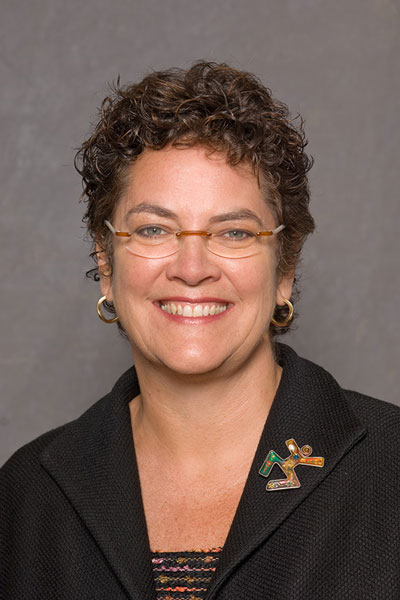Health disparities conference to focus on how social factors impact health

By Jan Jarvis
Social, behavioral and economic factors can change an individual’s biology and set them up for various chronic diseases from cancer to cardiovascular disease.
How these factors affect minority and underserved populations is the focus of the 14th Annual Texas Conference on Health Disparities June 6-7 at UNT Health Science Center.
The “Social Epigenomics and Health Disparities” conference will feature experts in public health, biomedical research and other fields who will address how environmental conditions and other factors affect disease, said Jamboor K. Vishwanatha, PhD, Regents Professor, Vice President and Director of the Texas Center for Health Disparities.
“We are not just looking at the biology of disease,” he said, “We are looking at how social factors change biology and disparities.”
Epigenomics is a field in which researchers chart the locations and understand the functions of all the chemical tags that mark the genome. Presenters will focus on evidence-based approaches that identify mechanisms in which social experiences at various stages of life affect gene function.
“An important shift in the field of disparities research is occurring from the focus on disparities in health care to disparities in health,” said Alexandra E. Shields, PhD, Director of the Harvard/MGH Center on Genomics, Vulnerable Populations and Health Disparities at Massachusetts General Hospital and Associate Professor of Medicine at the Harvard Medical School. She is also Associate Faculty in Molecular and Population Genetics at the Broad Institute of MIT and Harvard, and Presidential Scholar at the Dana-Farber Cancer Institute.
Conference Information
|
“In order to seriously address disparities in health and the burden of illness we have to move to understanding the underlying mechanisms and pathways through which social disadvantage ‘gets under the skin’ and thus how disparities are produced,” said Dr. Shields, the keynote speaker for the conference.
Stress factors such as unemployment, poverty, lack of insurance and educational level can change the way the body reacts and lead to disease, Dr. Vishwanatha said.
“We know these social factors have a lasting change on biology,” Dr. Vishwanatha said. “We’re not talking about a one-time event but rather an accumulation of events taking place over time.”
He said the hope is that studies on how various factors play a role in chronic diseases will lead to policy change and new ways to address health disparities.
“It’s not about ‘racial differences’ in risk of disease,” Dr. Shields said. “It’s about how inequality in our country means that different communities have different levels of exposure to these different stressors that are associated with increased risk of disease.”





Social media